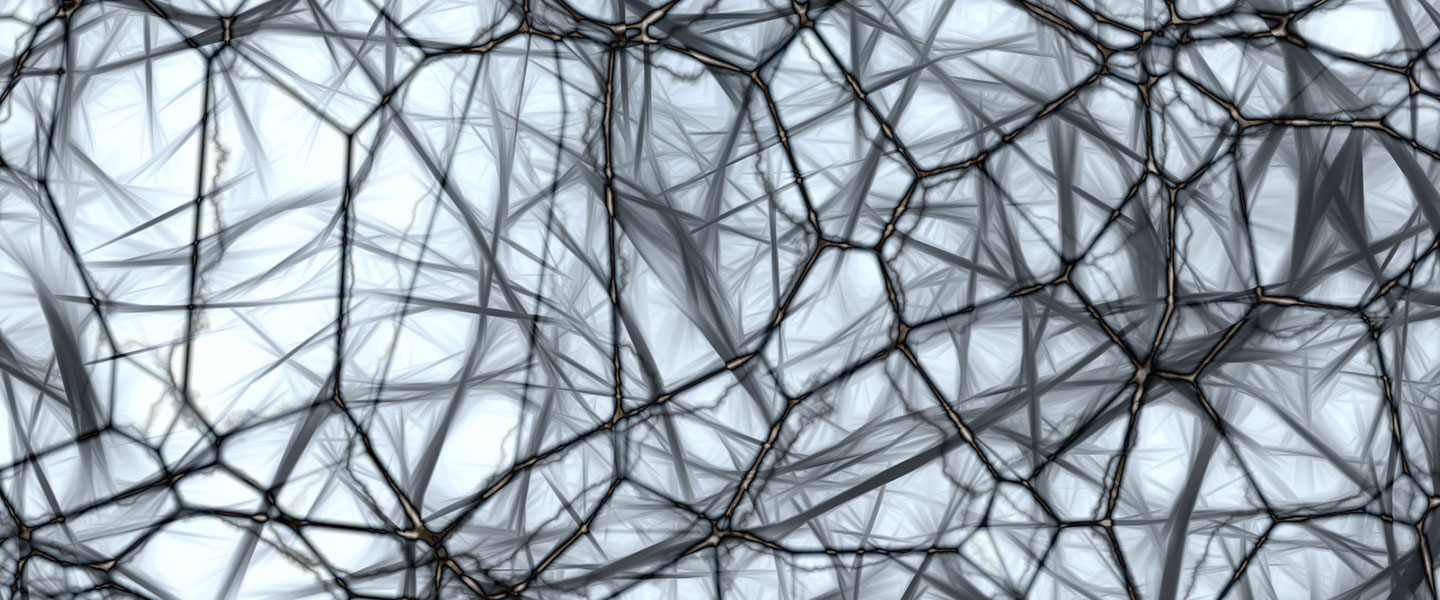Two New Studies Offer Alternative Explanation of Impaired Cognitive Function in Schizophrenia
Two New Studies Offer Alternative Explanation of Impaired Cognitive Function in Schizophrenia

People with schizophrenia show poor performance in a range of cognitive functions, and previous brain imaging studies have identified various abnormalities that could represent neural underpinning of these problems. Some studies have found that when faced with a cognitive challenge, those with schizophrenia, unlike healthy people, do not reduce the activity of something that researchers call the “default mode network” (DMN).
The DMN is an ensemble of interacting brain areas that are active when a person is resting, thinking freely, or mind-wandering. DMN activity typically slows down when we engage in a specific cognitive task. So an inability to “slow down” the DMN was thought to explain why people with schizophrenia show poor cognitive performance.
Now, two new studies challenge these findings, suggesting that patients deactivate the DMN just as well as others, as long as they are able to keep up with performance of the cognitive tasks. Britta Hahn, Ph.D., of University of Maryland School of Medicine in Baltimore and a 2010 NARSAD Young Investigator grantee, and her colleagues asked whether patients’ problems with down-regulating the DMN in previous research were due to the difficulty of tasks used in those studies. So they picked relatively easy cognitive tasks, such as one that required detecting visual stimuli in random locations and one that required holding just a few items in memory. The researchers also asked the participants to practice the tasks before the actual study. These steps allowed for people with schizophrenia to be as engaged in the tasks as healthy participants.
The brain imaging results showed people with schizophrenia do quiet down the DMN, in fact, sometimes even more so than healthy controls. This suggests that when a task is not too demanding, they are as able as healthy people to disengage from the resting mode to tackling a cognitive task.
These findings speak against the idea that cognitive impairment in schizophrenia is caused by a biological inability to down-regulate general, task-independent thought processes, the researchers say. Now that the results have been published, they can be put to the test by others in the research community.
The research team also included James M. Gold, Ph.D., of University of Maryland School of Medicine, and a NARSAD Young Investigator grantee in 1989 and 1997.



